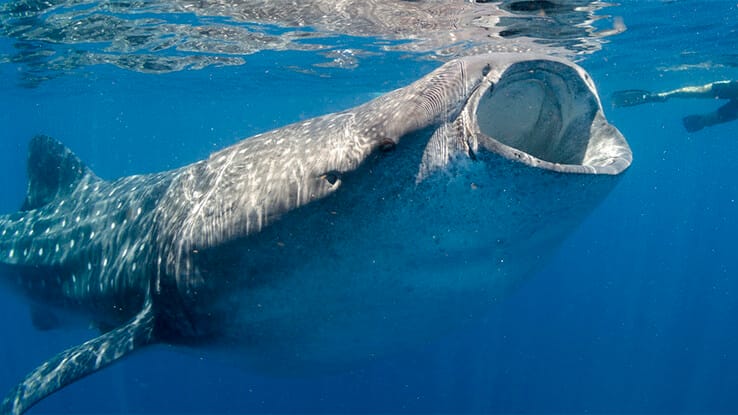
Water bodies are losing oxygen, and everyone should be worried
What's the story
A study conducted by a team of scientists in the US, has reported a rapid loss of dissolved oxygen (DO) in Earth's water bodies. This decline is a significant threat to the planet's life support system. DO is crucial for maintaining healthy aquatic ecosystems, both freshwater and marine. The researchers suggest that this deoxygenation process should be added to the list of 'planetary boundaries,' which currently includes climate change and other environmental challenges.
Global impact
Deoxygenation threatens billions
The rapid decline in dissolved oxygen could have far-reaching effects, impacting billions of people who depend on these aquatic habitats for food and income. The scientists argue that the deoxygenation of the Earth's freshwater and marine ecosystems is an additional planetary boundary process. They believe this process is important to the integrity of Earth's ecological and social systems and plays a role in regulating ongoing changes in other planetary boundary processes.
Causes
Factors contributing to dissolved oxygen depletion
The concentration of dissolved oxygen in water is decreasing due to several factors. Warmer waters, resulting from greenhouse gas emissions raising air and water temperatures, can't hold as much dissolved oxygen. Additionally, aquatic life can deplete dissolved oxygen faster than it is replenished by the ecosystem's producers. Algal blooms and bacterial booms, triggered by an influx of organic matter and nutrients from agricultural and domestic fertilizers, sewage, and industrial waste also contribute to this depletion.
Eutrophication
Deoxygenation triggers vicious cycle, affects underwater life
In extreme cases, oxygen is so depleted that microbes suffocate and die, often taking larger species with them. This triggers a vicious cycle called eutrophication where microbes not relying on oxygen feed on dead organic material, reducing light and limiting photosynthesis. Aquatic deoxygenation is also driven by rise in the density difference between layers in the water column. This rise can be attributed to surface waters warming quicker than deeper waters, and melting ice decreasing surface salinity in the oceans.
Action needed
Call for global effort to monitor and prevent deoxygenation
The authors urge a global effort to monitor and research the deoxygenation of the planet's 'blue' parts, along with policy changes to prevent rapid deoxygenation. They suggest lowering greenhouse gas emissions, nutrient runoff, and organic carbon inputs could slow or potentially reverse deoxygenation. They hope that expanding the planetary boundaries framework to include deoxygenation will help focus these efforts. The findings were published in Nature Ecology & Evolution.